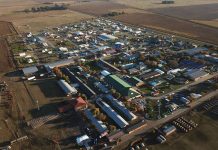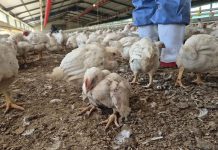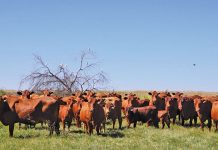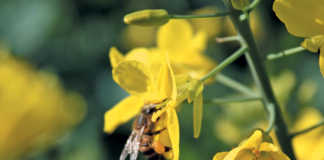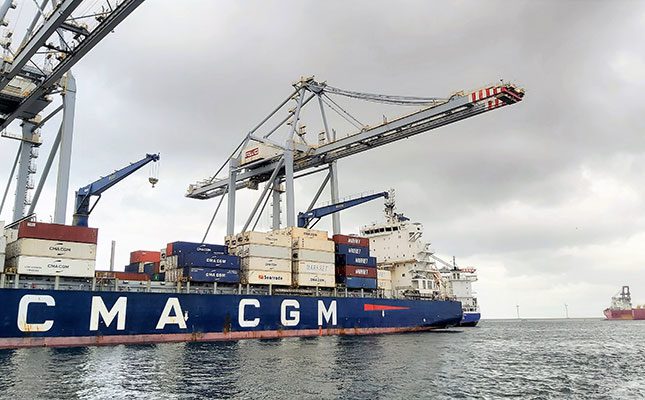
Photo: Lindi Botha
Data from Trade Map shows that exports increased by 4% year-on-year, amounting to US$3,9 billion (about R74 billion) in the third quarter of this year. Products dominating the export list include citrus, maize, apples, pears, nuts, wine, soya beans, sugar, and fruit juices.
Agbiz chief economist Wandile Sihlobo noted that the increase was both a function of improvement in volumes and prices. This was especially the case for the fruit sector, offsetting the decline in grain and oilseed prices, which decreased considerably from 2022 levels.
Overall, South Africa’s agricultural exports amounted to US$10,2 billion (R192 billion) in the first nine months of the year, up 1% from the same period in 2022.
This export activity, however, occurred mainly before the intensified challenges at the South African ports. Sihlobo said that it was largely due to collaboration between stakeholders in South Africa’s agriculture sector that exports could withstand problems at the ports.
“The sector has established forums to continuously engage with Transnet and enhance communication about problems at the ports, so that the response could be swift to drive the exports of high-value and perishable products. Still, as evidenced by the worsened logistical efficiency since the start of the fourth quarter of this year, more work and investment are needed to improve the efficiencies,” Sihlobo said.
From a regional perspective, Trade Map’s data showed that the African continent remained the largest market for South Africa’s agricultural exports, accounting for 32% of the exports in the third quarter of 2023.
This is followed by Asia and the Middle East with a 31% share, and the EU third at 19%. The Americas region absorbed 7% of South Africa’s exports in the third quarter, and the UK 6%. The remaining 5% was spread over various other regions of the world.
Market growth into Africa remains challenging since border crossings present ongoing challenges, with import requirements often changing overnight. Business Unity South Africa reported in its weekly cargo movement update that median crossing times at South African borders increased by more than three hours over the past week.
This brings the average crossing time to just over 17 hours. In contrast, the greater Southern Africa Development Community region (excluding South African controlled) averaged 6,7 hours.
Looking ahead, Sihlobo explained that the relatively lower commodity prices and volumes in various products and the intensified logistical constraints in the last quarter of the year may weigh on the total export value this year.
“South Africa is however on an export market expansion mission for the agriculture sector, which will require a lot of work to retain existing markets. In an increasingly divided world where geopolitics are fragile, South Africa must walk a careful path so that its foreign policy approach does not result in a negative approach to trade or growing protectionism by traditional trading partners. This is critical for South Africa’s agricultural growth, sustainability, and job creation,” Sihlobo concluded.


